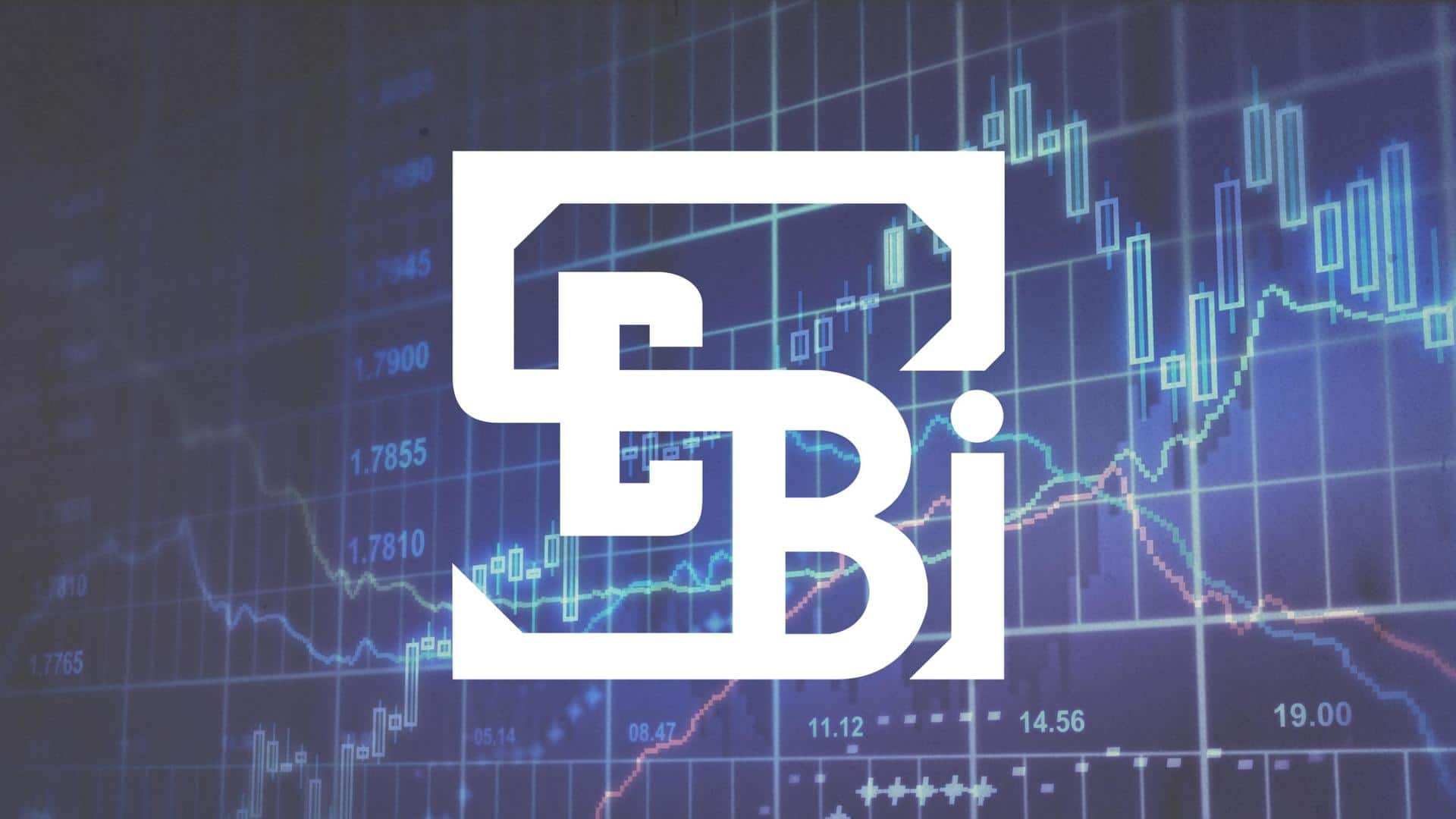
Top 100 companies must verify rumors, says SEBI: Here's why
What's the story
The Securities and Exchange Board of India (SEBI) does not want India's top companies to keep quiet when rumors are going around about them. In a new directive, the market regulator has asked the top 100 companies in the country by market capitalization to confirm or deny market rumors that influence share prices. Now, why is SEBI taking a strict stance on market rumors?
Context
Why does this story matter?
As much as data and analytics drive the stock market, it is also influenced by emotions. Fear, greed, optimism, and pessimism determine how investors behave to a large extent. Rumors, although not based on any data, can play a huge part in the market's behavior. The market's inherent speculative nature makes it easy for rumors to control investor behavior.
Directive
From April 2024, top 250 companies must clarify rumors
"Market rumors to be verified and confirmed, denied or clarified, as the case may be," SEBI said in its directive. The regulator intends to bring more companies under this new rule. From October 1, 2023, the top 100 companies will have to respond to rumors and media reports while from April 1, 2024, the top 250 listed firms must confirm or deny market rumors.
Influence
Market rumors can create uncertainty and speculation
Rumors can have a significant impact on the market's behavior. They can create uncertainty and speculation in the market, causing investors to buy or sell shares. A positive rumor can increase the value of a company's shares, while a negative rumor can do the opposite. The volatility created by rumors can lead to large swings in stock prices and harm investor interest.
Importance
SEBI's directive will increase investor confidence
Regulating rumors that affect share prices is of utmost importance to keep the integrity of the market intact. SEBI's directive to companies to confirm or deny market rumors is bound to make investors more confident. Putting a tight leash on market rumors will also curb market manipulation and fraudulent activities. This will not only protect investors but will also benefit the broader economy.
Material events
The watchdog will introduce quantitative threshold to determine 'materiality'
SEBI's board has approved putting in place a quantitative benchmark to determine the 'materiality' of an event. The regulator, however, did not say what those metrics would be. To improve the market's functioning, the watchdog has introduced a stricter timeline for the disclosure of material events or information from a board of directors meeting. Such information must be disclosed to exchanges within 30 minutes.